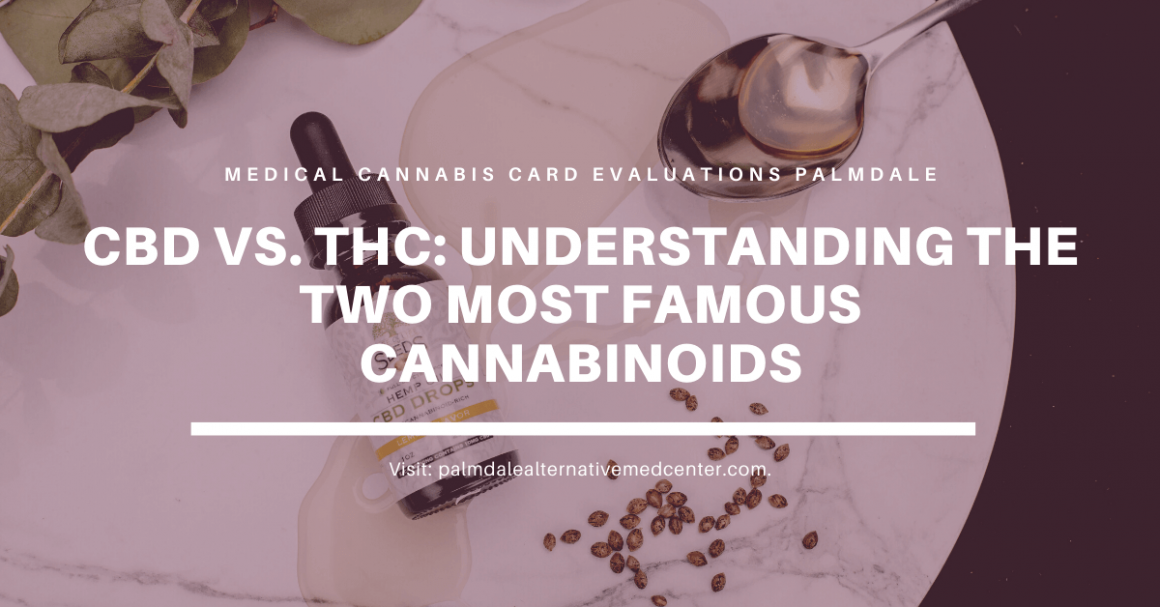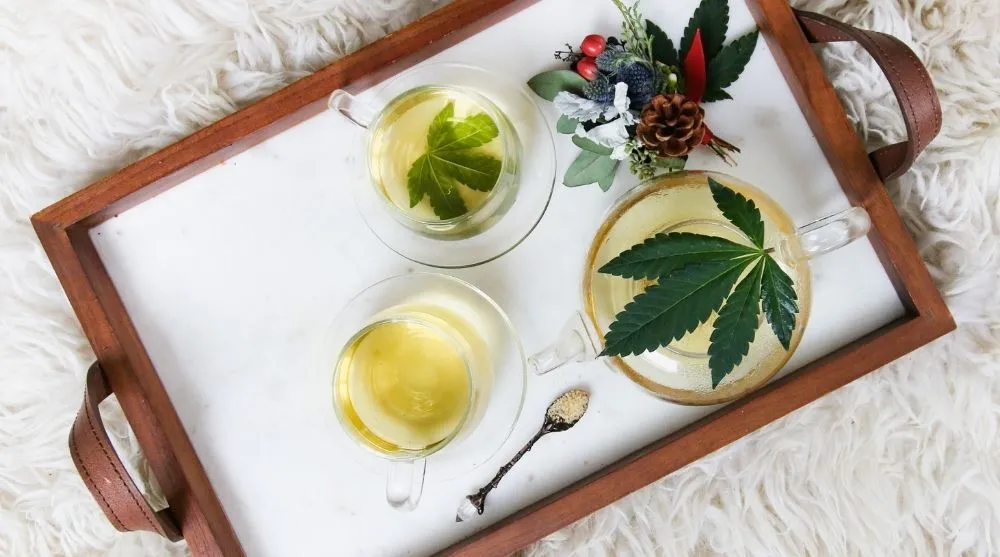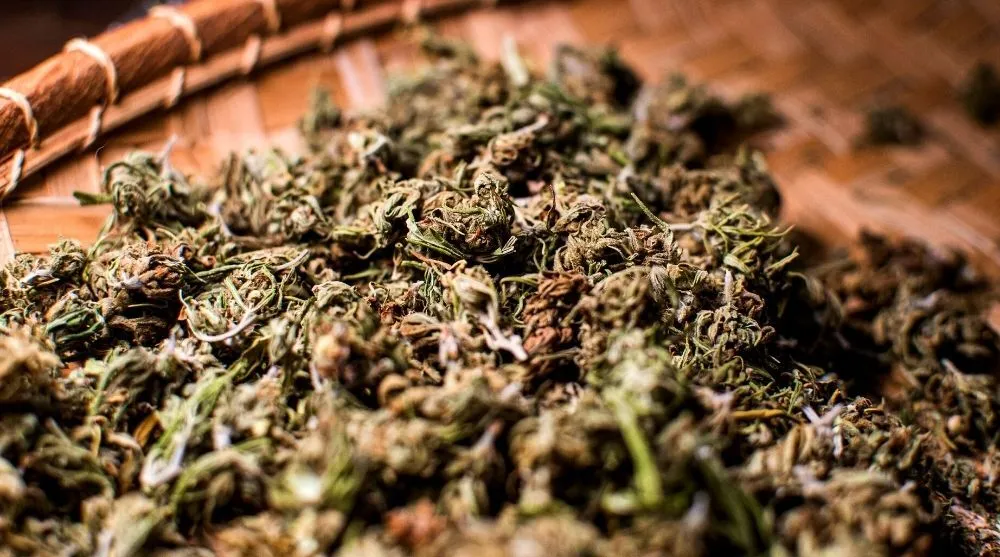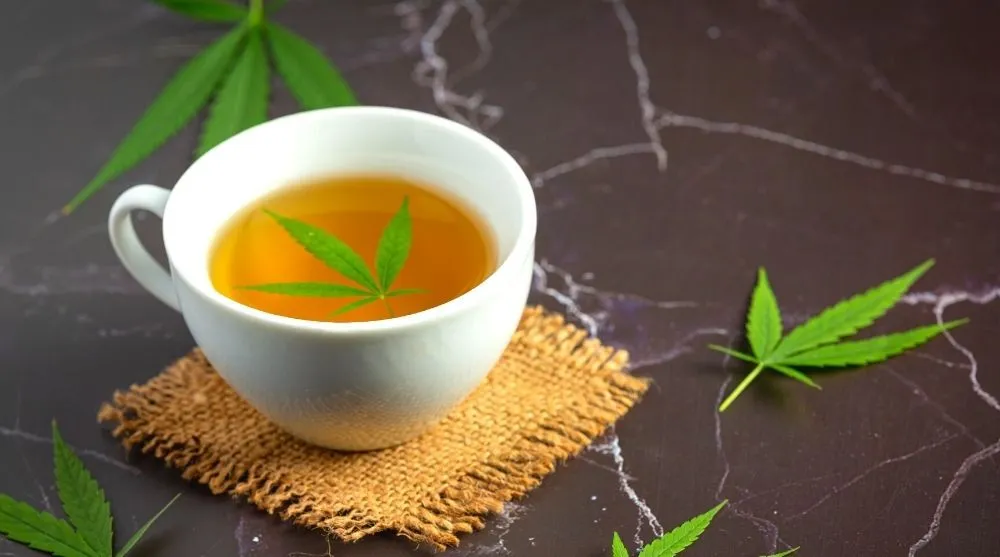CBD vs. THC: Understanding the Two Most Famous Cannabinoids
People call cannabis a magic plant. And in turn, the plant too stands tall on its status. The cannabis plant has shown its potential to treat many different health conditions, including pain, inflammation, anxiety, PTSD, depression, and many more. And as the research is expanding, we are seeing more and more conditions being added to this list.
But do you know why this plant is so extraordinary?
Medical marijuana doctors credit it to the two main cannabinoids of the herb: CBD and THC.
As per the research, the cannabis plant actually has more than a hundred cannabinoids. And all these work together to make this plant so beneficial. However, out of all these cannabinoids, the most research has been conducted on CBD and THC. And the results say that both these compounds have some amazing properties, making them very beneficial for our body.
CBD and THC have many similarities. However, there are many noticeable differences too. For instance, THC is intoxicating, while CBD isn’t.
There are many such interesting things to learn about these two cannabinoids. And if you are thinking of getting an MMJ card, these facts may come in quite handy while using the plant as a medicine.
 CBD and THC both are the compounds of the same plant. However, as I said earlier, there are many noticeable differences too between the two. And these differences can surely influence your next cannabis dispensary visit in many ways.
One of the easiest ways to differentiate between the two cannabis compounds is that the effects of THC make you feel something, while it doesn’t happen with CBD. Now, don’t get me wrong here. When I say CBD doesn’t make you feel anything, it doesn’t mean it doesn’t have any effects. It’s just that THC can be intoxicating for you, as I mentioned earlier. But on the other hand, CBD doesn’t have any such effects. In fact, sometimes, CBD may even curb some of the effects of THC. This may be because, unlike THC, CBD isn’t very good at affecting the CB1 receptors in your body. And when you consume them both at the same time, CBD may stop THC too to bind with these receptors. This means less intoxication.
But what does CBD does then, except for blocking the effects of THC?
CBD individually also has many effects. At lower doses, it may not be visible. But if you take a high dose of CBD, it can induce a very relaxing experience. It’s just like when you step out of a hot bath. You may feel a little tingly, and your mind will also become clear.
CBD and THC both are the compounds of the same plant. However, as I said earlier, there are many noticeable differences too between the two. And these differences can surely influence your next cannabis dispensary visit in many ways.
One of the easiest ways to differentiate between the two cannabis compounds is that the effects of THC make you feel something, while it doesn’t happen with CBD. Now, don’t get me wrong here. When I say CBD doesn’t make you feel anything, it doesn’t mean it doesn’t have any effects. It’s just that THC can be intoxicating for you, as I mentioned earlier. But on the other hand, CBD doesn’t have any such effects. In fact, sometimes, CBD may even curb some of the effects of THC. This may be because, unlike THC, CBD isn’t very good at affecting the CB1 receptors in your body. And when you consume them both at the same time, CBD may stop THC too to bind with these receptors. This means less intoxication.
But what does CBD does then, except for blocking the effects of THC?
CBD individually also has many effects. At lower doses, it may not be visible. But if you take a high dose of CBD, it can induce a very relaxing experience. It’s just like when you step out of a hot bath. You may feel a little tingly, and your mind will also become clear.
 When THC enters your brain, it interacts with your brain cells, which results in a surge in dopamine levels. The brain also has a significant number of CB1 receptors (ECS receptors). And THC binds itself with them, affecting your brain in many ways. But you should note that not all strains are created equal. Some THC strains may fill you with amazing energy and creativity. While others provide you with a feeling of euphoria, which may take over your whole body in just ten minutes.
The most common effects of THC include:
When THC enters your brain, it interacts with your brain cells, which results in a surge in dopamine levels. The brain also has a significant number of CB1 receptors (ECS receptors). And THC binds itself with them, affecting your brain in many ways. But you should note that not all strains are created equal. Some THC strains may fill you with amazing energy and creativity. While others provide you with a feeling of euphoria, which may take over your whole body in just ten minutes.
The most common effects of THC include:
The scientists, until now, haven’t been able to completely figure out how CBD exactly works inside our bodies. However, it definitely has a relationship with the endocannabinoid system (ECS). The ECS has two main receptors, CB1 and CB2. CB1 is mainly present inside the brain, and CB2 are distributed all across the body.
Now, unlike THC, which act directly on these receptors, CBD works indirectly. As per the studies, the main work of CBD is to enhance the endocannabinoid level in your body. This way it helps you boost your immunity. Furthermore, CBD also helps you prevent the breakdown of your body’s natural endocannabinoids.
Here are a few of the most common effects of CBD:
Difference Between CBD and THC
 CBD and THC both are the compounds of the same plant. However, as I said earlier, there are many noticeable differences too between the two. And these differences can surely influence your next cannabis dispensary visit in many ways.
One of the easiest ways to differentiate between the two cannabis compounds is that the effects of THC make you feel something, while it doesn’t happen with CBD. Now, don’t get me wrong here. When I say CBD doesn’t make you feel anything, it doesn’t mean it doesn’t have any effects. It’s just that THC can be intoxicating for you, as I mentioned earlier. But on the other hand, CBD doesn’t have any such effects. In fact, sometimes, CBD may even curb some of the effects of THC. This may be because, unlike THC, CBD isn’t very good at affecting the CB1 receptors in your body. And when you consume them both at the same time, CBD may stop THC too to bind with these receptors. This means less intoxication.
But what does CBD does then, except for blocking the effects of THC?
CBD individually also has many effects. At lower doses, it may not be visible. But if you take a high dose of CBD, it can induce a very relaxing experience. It’s just like when you step out of a hot bath. You may feel a little tingly, and your mind will also become clear.
CBD and THC both are the compounds of the same plant. However, as I said earlier, there are many noticeable differences too between the two. And these differences can surely influence your next cannabis dispensary visit in many ways.
One of the easiest ways to differentiate between the two cannabis compounds is that the effects of THC make you feel something, while it doesn’t happen with CBD. Now, don’t get me wrong here. When I say CBD doesn’t make you feel anything, it doesn’t mean it doesn’t have any effects. It’s just that THC can be intoxicating for you, as I mentioned earlier. But on the other hand, CBD doesn’t have any such effects. In fact, sometimes, CBD may even curb some of the effects of THC. This may be because, unlike THC, CBD isn’t very good at affecting the CB1 receptors in your body. And when you consume them both at the same time, CBD may stop THC too to bind with these receptors. This means less intoxication.
But what does CBD does then, except for blocking the effects of THC?
CBD individually also has many effects. At lower doses, it may not be visible. But if you take a high dose of CBD, it can induce a very relaxing experience. It’s just like when you step out of a hot bath. You may feel a little tingly, and your mind will also become clear.
How THC Interacts with Your Body?
 When THC enters your brain, it interacts with your brain cells, which results in a surge in dopamine levels. The brain also has a significant number of CB1 receptors (ECS receptors). And THC binds itself with them, affecting your brain in many ways. But you should note that not all strains are created equal. Some THC strains may fill you with amazing energy and creativity. While others provide you with a feeling of euphoria, which may take over your whole body in just ten minutes.
The most common effects of THC include:
When THC enters your brain, it interacts with your brain cells, which results in a surge in dopamine levels. The brain also has a significant number of CB1 receptors (ECS receptors). And THC binds itself with them, affecting your brain in many ways. But you should note that not all strains are created equal. Some THC strains may fill you with amazing energy and creativity. While others provide you with a feeling of euphoria, which may take over your whole body in just ten minutes.
The most common effects of THC include:
- Drowsiness
- Relaxation
- Rise in Appetite
- Analgesic
- Euphoria
- Insomnia
- Pain
- Glaucoma
- Anxiety
- Nausea; etc.
How CBD Interacts with Your Body
- Anti-oxidant
- Anti-inflammatory
- Anti-convulsant
- Neuroprotective
- Anti-anxiety
- Epilepsy
- High Blood Pressure
- Anxiety
- Depression
- Diabetes




